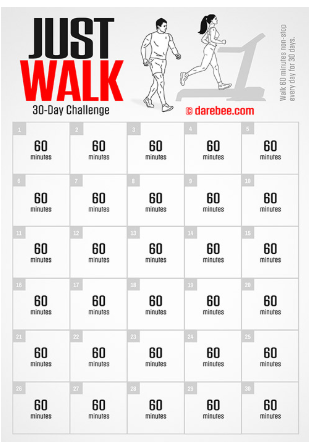As the second semester comes to a close, students begin preparing for their dreaded midterm exams. For some students, the process has become familiar, while others have not yet had the experience of taking their midterms.
What are Midterms?
Midterms are an exam taken halfway through the school year between the first and second semester. Midterms can examine how much a student has learned mid way through the school year.
When are Midterms?
January 16 to January 19 from 7:20 a.m. to 9:30 a.m.
There are two midterms each day and each midterm runs for two hours with a ten minute break in between.
What percentage of your grade do midterms make up?
Midterms and finals each make up 10% of the final year grade.
For AP classes, the midterm makes up 20% of the final year grade, as there in no final due to the AP exam.
What are your favorite study tips?
Junior Connor Rizzo has learned the ropes when it comes to midterms, finding certain methods beneficial during this time.
“Finding videos about the topics (especially for AP midterms), looking over notes, completing study guides,” suggests Rizzo.
While many stick to conventional methods, some might find themselves improving through different approaches.
“I make up certain games that I can play on to help me focus on one topic,” comments Junior Ashley Stay.
Fun methods such as Stay’s may help an individual avoid burnout from studying, or remember the material better.
What are some tips to memorize facts?
Williams advises maintenance rehearsal: repetition and studying a little bit each night will help information be placed in one’s long term memory.
He also suggests the Method of Loci, in which one creates a “story” using the facts one wishes to memorize.
For information one must memorize in a specific order, the peg-word system may be useful, according to Williams. With this system, one links each number to an easily remembered word (for example, connecting “one” and “bun,” since they rhyme), then links the information to that word.
How do you manage stress during midterms?
Junior Haley Moger attests to the benefits of taking breaks and engaging in refreshing activities.
“Going outside, walking, going to stores, or playing a sport and getting my mind off of school helps me to manage stress or burnout,” Moger notes.
What are some time management tips for studying?
Director of School Counseling Mr. Jakob Rosengrant suggests beginning to study earlier to avoid cramming and feeling unprepared.
“Create a schedule for yourself of when you’ll be studying for each class and stick to it,” he states.
Rosengrant also advises against marathon study sessions.
“Break up your sessions into shorter, more manageable time blocks. This way you’re more likely to follow through and stay focused,” he recommends.
Similarly, various students also report using the pomodoro method, a focused work session for a certain amount of time (typically 25 or 50 minutes) followed by a short break (5 or 10 minutes). Traditionally in the pomodoro method, a longer break is taken after four sessions of studying (15-30 minutes).









